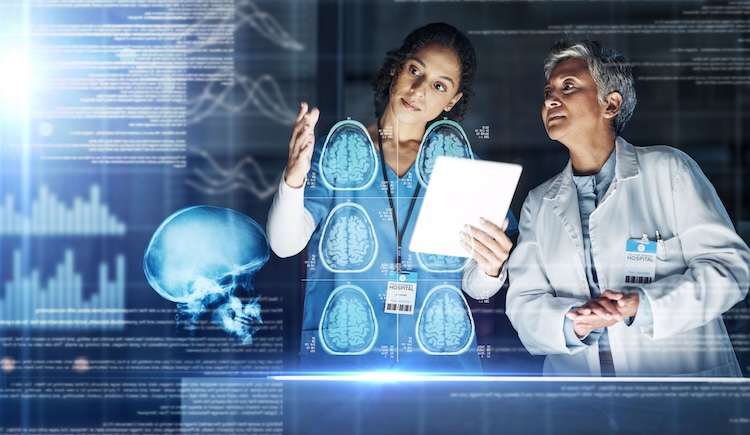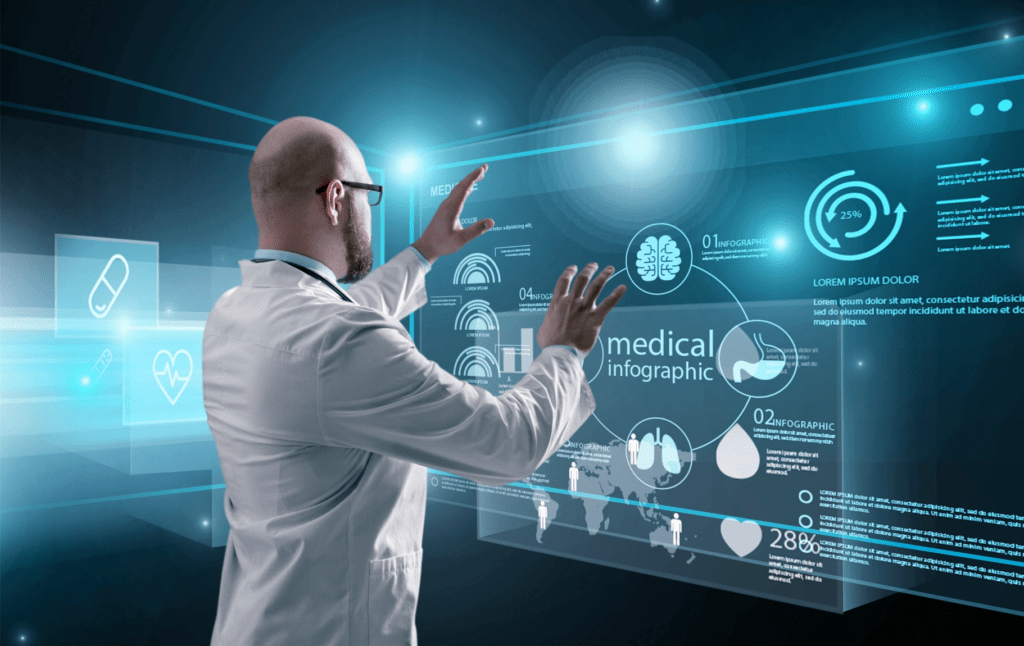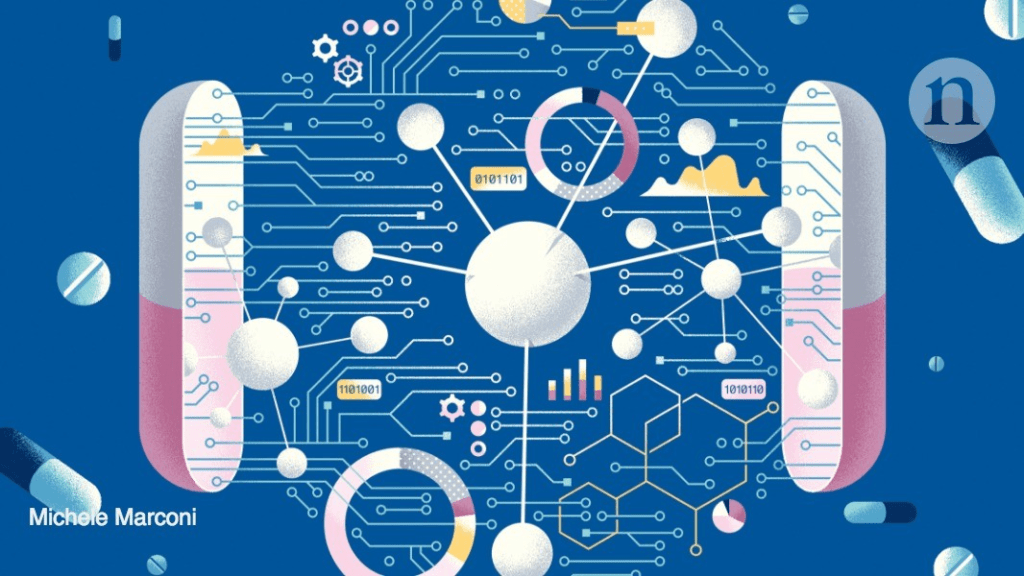AI is Shaping the Future of Medicine with Faster, Smarter Solutions

Artificial Intelligence (AI) is transforming various industries, and healthcare is no exception. With its vast ability to analyze massive amounts of data and recognize patterns, AI has become an invaluable tool in drug and vaccine development. Traditionally, developing new drugs and vaccines has been a lengthy and costly process, often taking years or even decades. However, with the help of AI, this process is being accelerated, making it more efficient, cost-effective, and precise. In this article, we’ll explore how AI is being used in the creation of new drugs and vaccines and its potential to reshape the future of medicine.
Predicting Molecular Structures
It is playing a key role in drug discovery by enabling scientists to predict the molecular structure of potential drug candidates more efficiently. By analyzing existing chemical and biological data, algorithms can forecast how molecules will interact with the body’s systems. This capability dramatically shortens the time spent on trial-and-error experiments in labs. Machine learning models, especially deep learning algorithms, can be trained to recognize successful drug molecules based on known properties, leading to faster identification of promising candidates.

Identifying New Drug Targets
It is also helping researchers identify new drug targets that were previously difficult or even impossible to detect. By sifting through complex genetic and molecular data, tools can find correlations between genetic mutations and diseases, offering new insights into potential targets for treatment. This accelerates the process of discovering diseases for which treatments may not yet exist.
AI in Vaccine Development
Vaccine Candidate Prediction
It plays a crucial role in the initial phase of vaccine development by predicting which antigens (the substances that trigger immune responses) are likely to be effective. It models analyze viral genetic sequences and immune response data to predict which components of a virus would be most likely to stimulate the immune system. This predictive power speeds up the process of identifying viable vaccine candidates, which can then be tested in clinical trials.

Accelerating Clinical Trials
Clinical trials are a crucial but time-consuming aspect of vaccine development. It is helping to accelerate this stage by improving patient recruitment, optimizing trial designs, and analyzing results more efficiently. AI-powered platforms can match patients to clinical trials based on their genetic makeup, health history, and other factors, increasing the likelihood of successful outcomes and reducing the time required for patient enrollment. Additionally, can analyze vast amounts of clinical trial data in real time, identifying trends and potential issues much faster than traditional methods.
Personalized Vaccines
Another exciting development in vaccine research is the potential for personalized vaccines. It can help design vaccines that are tailored to an individual’s genetic profile or specific viral strains circulating in their area. This personalized approach could result in more effective vaccines that are better suited to each person’s immune system, offering greater protection against infections.
Advantages of Drug and Vaccine Development
Speed and Efficiency
It has the ability to analyze large datasets at unprecedented speeds, drastically reducing the time needed to develop new drugs and vaccines. What traditionally took years can now be done in months or even weeks, helping bring critical treatments to market faster.
Cost Reduction
By optimizing the discovery process, helps reduce the costs associated with drug and vaccine development. The ability to predict outcomes and target specific compounds reduces the need for costly and time-consuming lab experiments. This reduction in costs can make medications more affordable and accessible to a wider population Improved Accuracy
It models can identify patterns and insights that humans might overlook. This increased accuracy leads to more effective drugs and vaccines, reducing the likelihood of costly failures during the clinical trial phase.

Challenges and Ethical Considerations
Despite its potential, there are challenges to using in drug and vaccine development. One major concern is data privacy— it requires vast amounts of data to function, and ensuring that this data is securely stored and used ethically is paramount. Additionally, systems are only as good as the data they are trained on; poor-quality or biased data could lead to inaccurate predictions or skewed results.
Moreover, as becomes more integrated into the development process, the role of human oversight will remain crucial to ensure that ethical standards are maintained, and patient safety is prioritized.
The Future of AI in Medicine
AI is already having a profound impact on drug and vaccine development, and its potential continues to grow. As technology advances, will likely play an even more significant role in creating groundbreaking therapies and vaccines for diseases that currently have no effective treatments. In the future, could lead to highly personalized, precision medicine that targets the unique needs of individual patients, revolutionizing healthcare as we know it.

Conclusion
AI is revolutionizing the pharmaceutical and vaccine industries, accelerating the development of new treatments and vaccines in ways that were once unimaginable. By harnessing the power of AI, researchers can predict molecular structures, identify new drug targets, and design vaccines faster and more accurately than ever before. While challenges remain, the future in medicine holds immense promise, potentially saving lives, reducing costs, and improving healthcare outcomes for people around the world.






